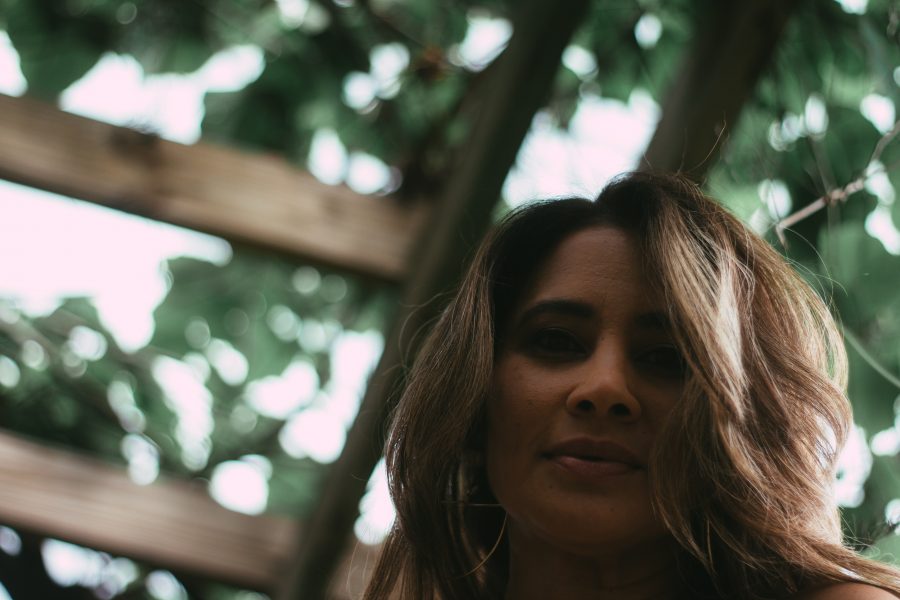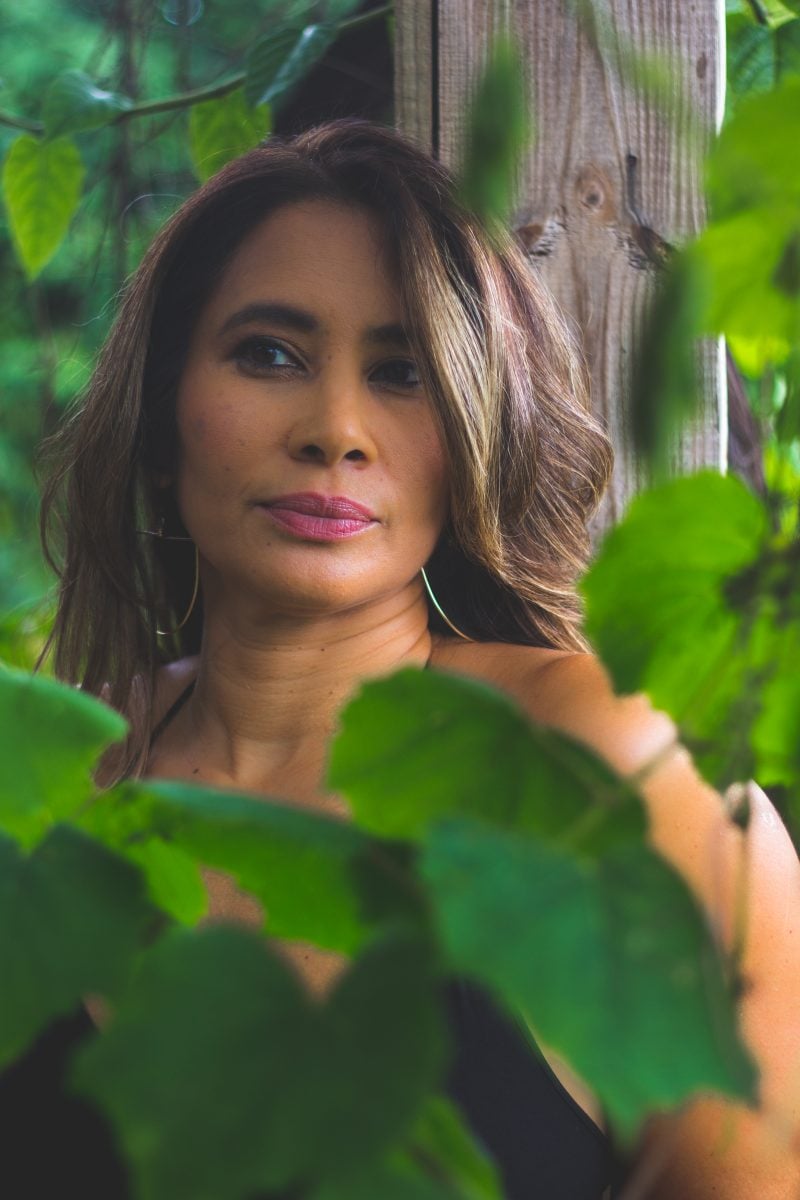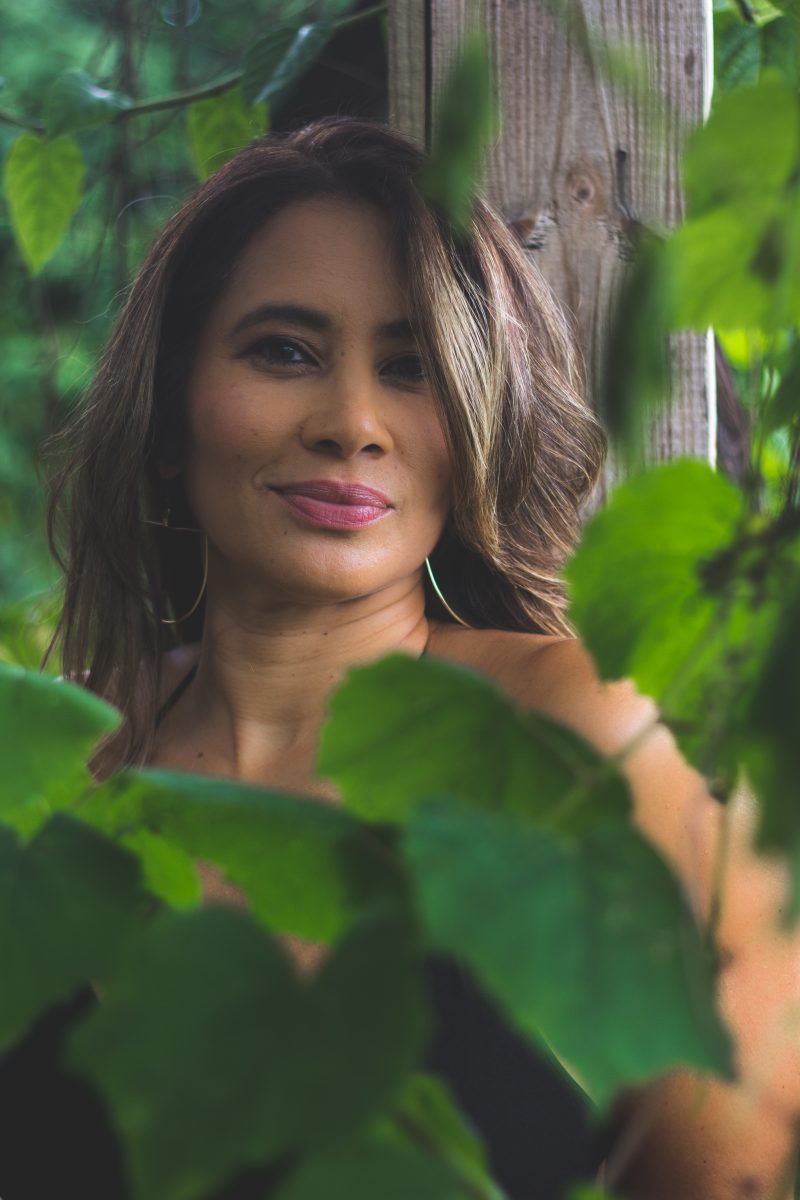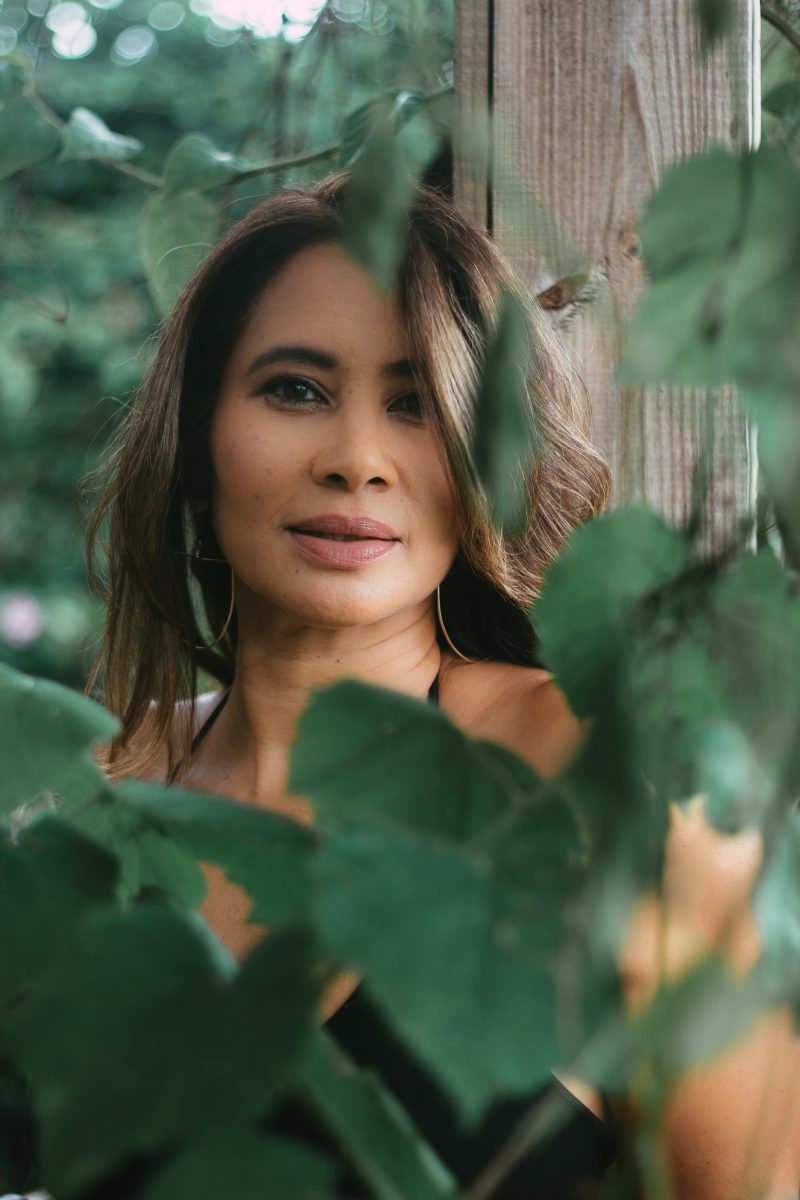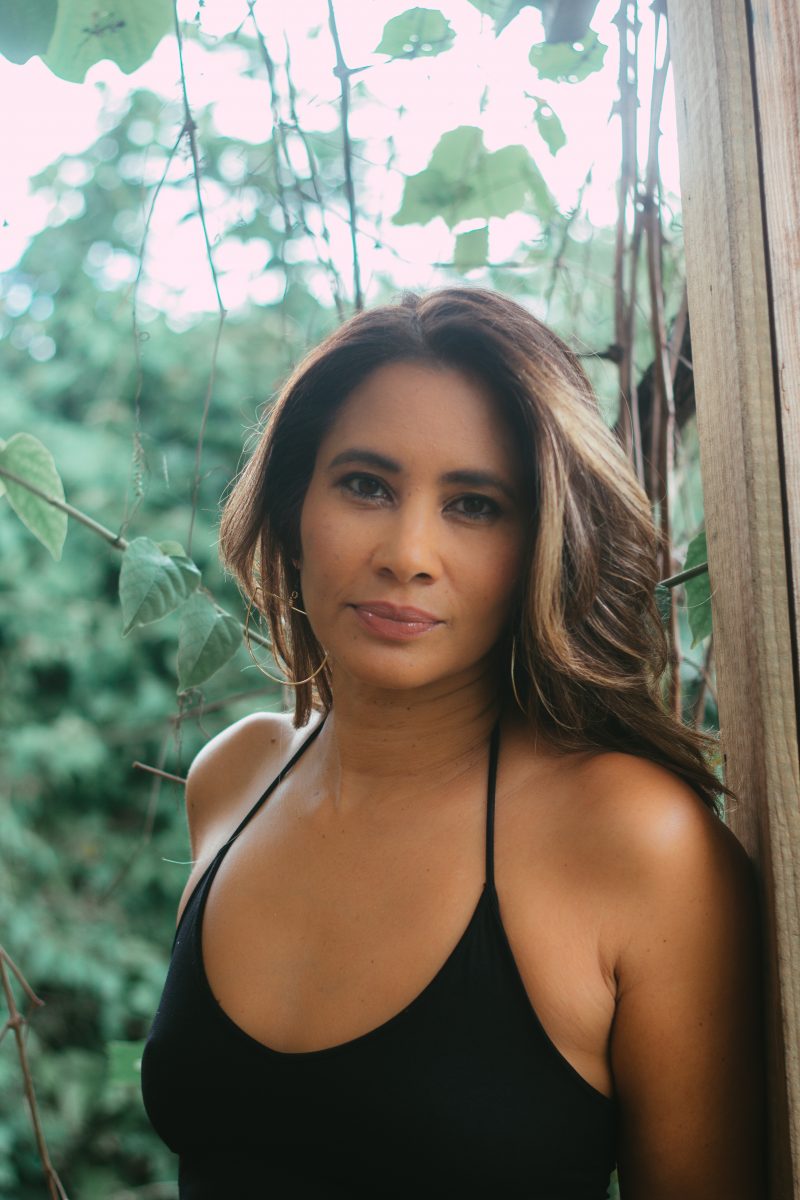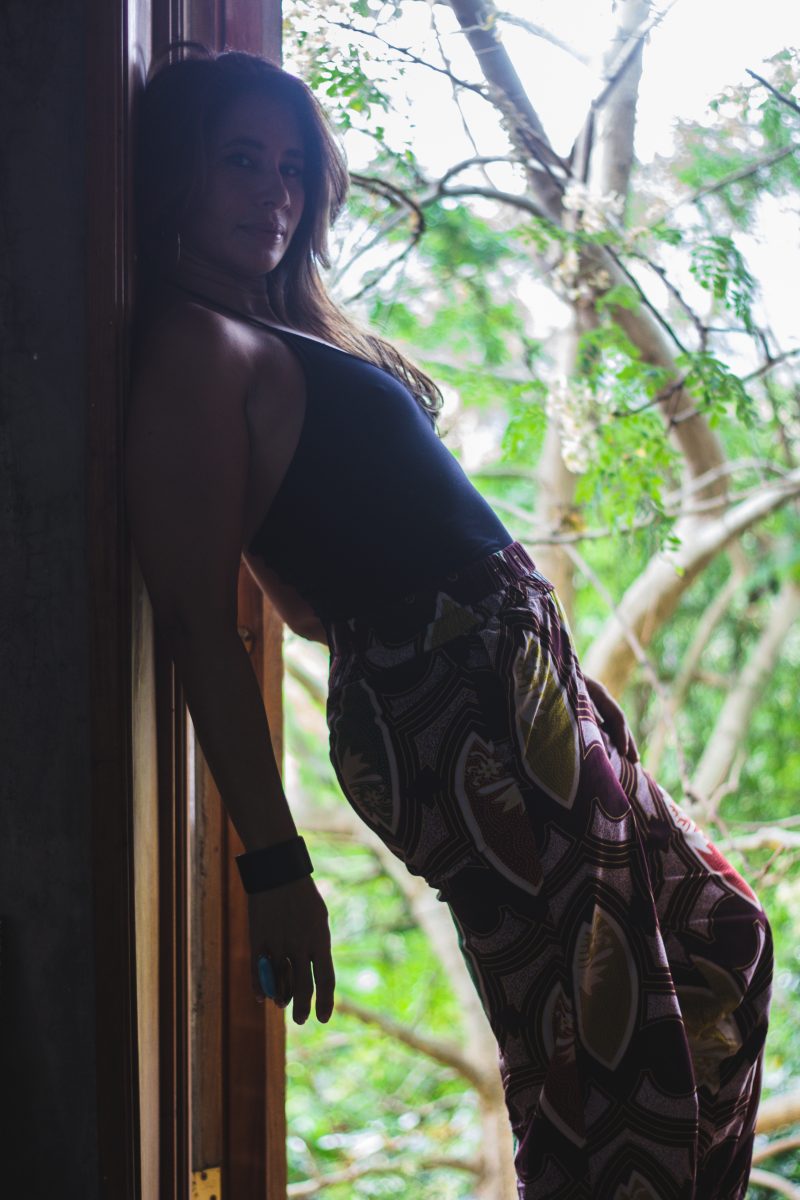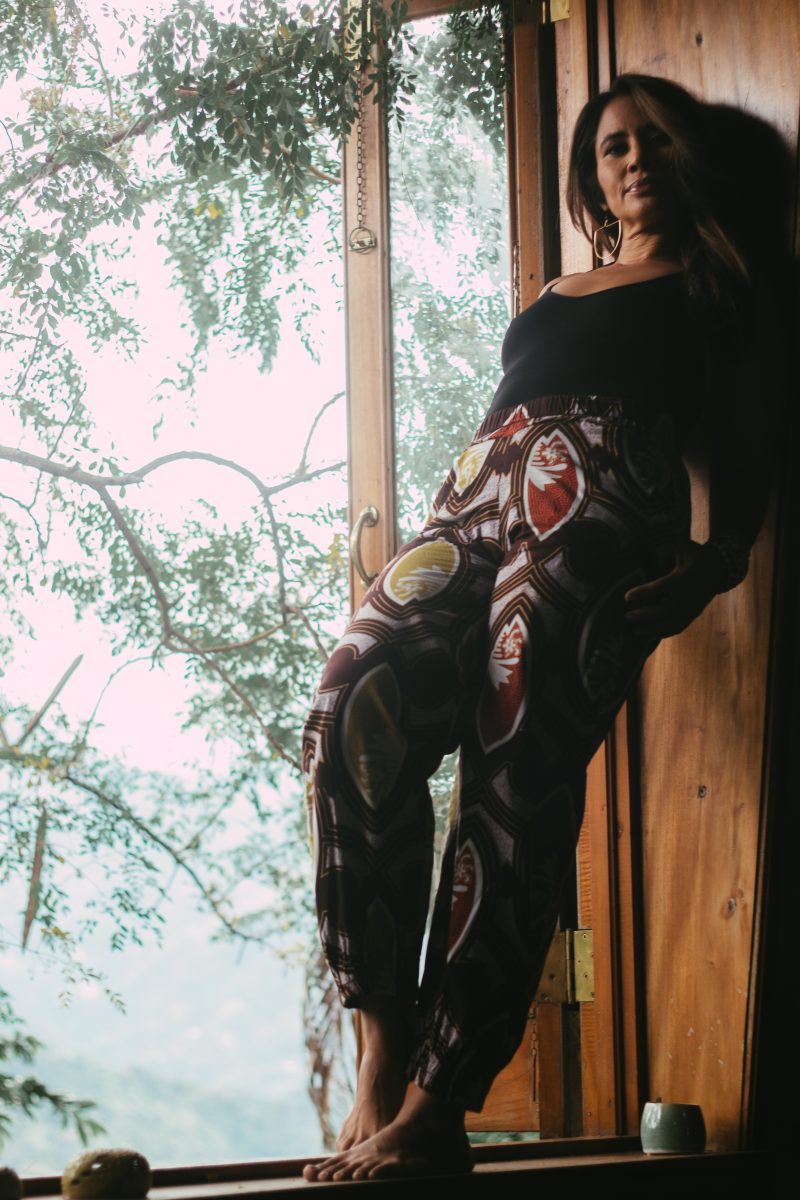Brady O’Connor On Living, Loving And Making Sweet Music In Jamaica
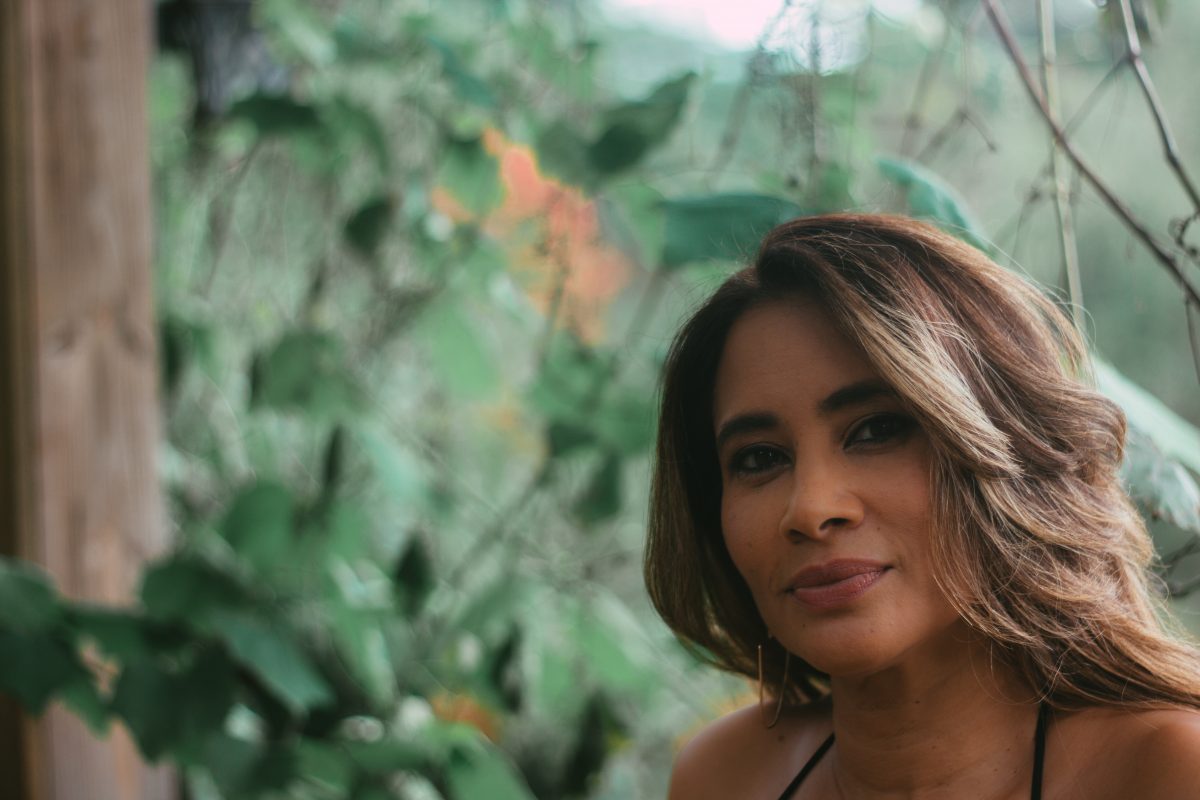
Jamaica is a sea of muses, and inspired artists, something which is reflected in both our music and culture. Often because we have such a diverse and sometimes saturated music space, some of the real unique talents end up slipping below the radar.
Brady O’Connor is one such artist, with smooth, soothing vocals that match the authentic easy-going cadence and subject matter she’s known for. With singles like Chasing The Sun which in many ways is an ode to life in the tropics, Brady’s music appeals to the sense of wanderlust we feel whenever we wake up and find that we are living in a place as blessed as Jamaica.
Her latest single Bun Badmind features the likes of Spragga Benz and Evie Pukupoo from Nomadz, is fast becoming a favorite. We sat down with Brady to catch up and learn a bit more about the drive behind her work and process behind her creativity.
You grew up here in Kingston?
I grew up here and went away when I was like, seven. Went to Miami and I came back for grade six. I originally went to Mavisville Prep. When I came back and went to Vaz Prep. Did my common entrance, pass for immaculate, and then we moved away again.
I spent one year in Texas, and that was not for us. was not working for us. And I mean, this is– you know, so we ended up moving back to Miami, went to high school in Miami, and then went to University in Atlanta at Emory and spent 10 years there. In a strong way, I really feel like I grew up in Atlanta. Let me tell you, I love Atlanta. Atlanta has a really special place in my heart. I really feel like I grew up in America. You know that whole time when you’re coming of age, you’re really figuring out what you think what you believe? You know? It has a very strong culture of its own. And I know that’s not for everyone. But it’s something I appreciate. Like, I appreciate that. But my first year there was really difficult. I almost left, because–and it’s still that way, maybe not as much now, particularly when you look at how the US elections went. But Atlanta at that time, and this is early 90s. It was extremely black and white. And dem nuh know nothing bout diaspora.
So that, you know, as someone who grew up between Jamaica and Miami was very weird for me. Very foreign thing, you know, and my grandfather on my mother’s side is from China. My grandfather on my father’s side is from Guyana. And before that his parents were from Portugal and Ireland. My grandmother on my father’s side, her grandmother was a North African. Her husband was also black, also a Jew, also a musician, also the black sheep of his family, you know what I mean? So–and I think I think we take it for granted in the way that we’re raised, is that we’re able to embrace our whole selves and our whole identity. And even when you look at other places in the region, like Trinidad, that have many influences, very similar to ours, the difference is they never blend.
Alright, so growing up, was your family big? Did you have a lot of siblings, that kind of thing?
Huge. So I have four children. Which, of course, I think, in a modern context is probably a lot of children. My mother is one of 10 and my father is one of 12, so is nuff cousin. Big up the Brady massive, we actually have a family song. So a lot of us are in music and in the arts. Our eldest uncle, who is Carl Brady, was one of the foundation percussionist of ska era music. He passed away, but he was also a founding member of The Byron Lee band. I traveled all over the world with him, ran his studio, but he passed away. And so I think we realized as the next generation that we really need to step up, and collaborate with so much talent in the family. And we actually, so within a week, we produced a track. My cousin, Belinda Brady, who lives in Canada, and a number of other cousins, just pulled together, my son who lives in Toronto. He’s also in production and music. For me, I think one of the big takeaways growing up in a big family is that you’re not alone. You always have people to draw near and far. That’s actually a lyric that my dad wrote in the family song.
My grandmother is from St. Elizabeth, and she was a type of woman that you came to her house and you had to eat some food. She always had to serve some food or send you with some food. There was always enough that was her that was just her belief. That was her perspective. That was her practice. There is always enough to share. There’s always enough.
Tell me about your time on the big screen as per your appearance in the Betta Mus Come Film.
You know, I was so very happy to be a part of that production, really super proud of Storm. And the entire team. I think it really was for this era,the first of its kind in terms of Jamaican film, and it was, you know, there was a whole collective a whole group of them that were putting out films from a distinctly Jamaican or Caribbean perspective that were locally produced, and also looked amazing, like, the sensibility in terms of the cinematography. You know, were they done now for sure could have gone to Netflix or Amazon?
Right. That’s what I’m thinking.
And I think that’s probably, you know, you can talk to Ronnie Robinson at the Film Commission about this. But definitely, I guess, where we need to sort of put our focus is we have the content, and we have the talent. And we have, you know, the production industry, but distribution is something making that leap into distribution. I mean, that’s, that’s where we’re at right now. So extremely happy to be a part of the production. I come from a theatre background, I was acting from I was four. And so the film, the version that has hit wide distribution, some of my scenes are cut out but it was also a great opportunity to work with my very good friend Fahrenheit, who also lives right up the road. So he was Mr. McDonald, I was Mrs McDonald. Like a very typical sort of, you know, rich uptown couple and their marriage isn’t very good. You know, he’s trying to sex off the the nanny, who of course, is played by my other friend Nicole Skye Gray. The beautiful Skye. And that was actually her first film as well. Of course, Sheldon and Evie from Nomadz, really–I mean, at every turn, it was just an amazing production. I mean, it’s very star studded.
What are your thoughts on the connection between film and music from a creative process standpoint?
That’s a great question. Well, I think it boils down to–it’s all about telling a story. And I think it’s just a different, a different mode or a different format, that the story is being told and whether that’s as an actor or as a writer in a book, or, you know, as an artist, singing and performing a song. I think it all boils down to stories and sharing your perspective or your experiences. For me, that’s what was because, you know, I literally grew up on a stage. So for a long time I had made music and recorded music, in GarageBand on my MacBook and you know, I go to jams and do a thing but like I never I never took it seriously. I think the reason why is because, for me, music is extremely personal. And I mean, yes, certain people do it a different way and have people write for them. And you know, that’s cool. And I respect that. Not that the two cannot work together. But for me, when you’re acting, you’re in someone else’s shoes, you almost have that as a shield. But when you’re, for me, when I’m singing, I’m really talking about something that’s raw, and it’s like, you’re peeling back a layer. That was very scary for me,
That’s interesting because for some people, for some artists, it’s about telling a story that might not be their own. For some it’s about telling a story, at the end of the day there’s value to all of it. But even the idea of commercializing art becomes work at a certain point.
Yeah, no, I think, there are many different hats, especially, you know, for me, as an emerging artist, as an independent artist. I don’t have a big label behind me, I don’t have any budget, you know, straight up facts. I am the budget, you know, I’m hustling really hard. In my business, and in my consulting work to fund this, and I’m sure any other artist reading this knows that and understands that. That journey. But as you say, there is a value to it. And for me, it’s funny, even as a parent, in the last few years, I’ve realized, you know, I don’t give parenting advice. A lot of people assume when you’re the mother of four kids that you know– they’d like to use this term supermom term, and blah, blah, blah, and I’m not really big on that at all, I think every parent has to figure out what works for them. It’s all theory until you are actually in position. And one of the things that my children have taught me is how important it is to be vulnerable. To acknowledge that you don’t have it figured out, and that you are working through things, and that you make mistakes. Because I think it’s very easy to get caught up in, oh, this is the way you’re supposed to do it. And if you follow these steps, it’s gonna go right. Well, guess what? It doesn’t always work that way. You know, it’s I mean, it is true, that life is about choices. And that’s one of the things I’m really big on with my children is that life is about choices. And typically speaking, your consequences come as a result of the choices. I don’t make the rules. I came to this world and I found it that way. You make good choices, generally speaking, good things happen. But the ability to be transparent, and to show that you make mistakes and to share about the times when things don’t work out I think becomes very important.
